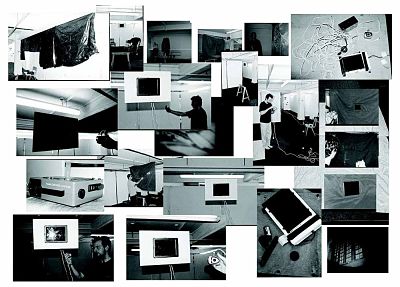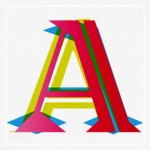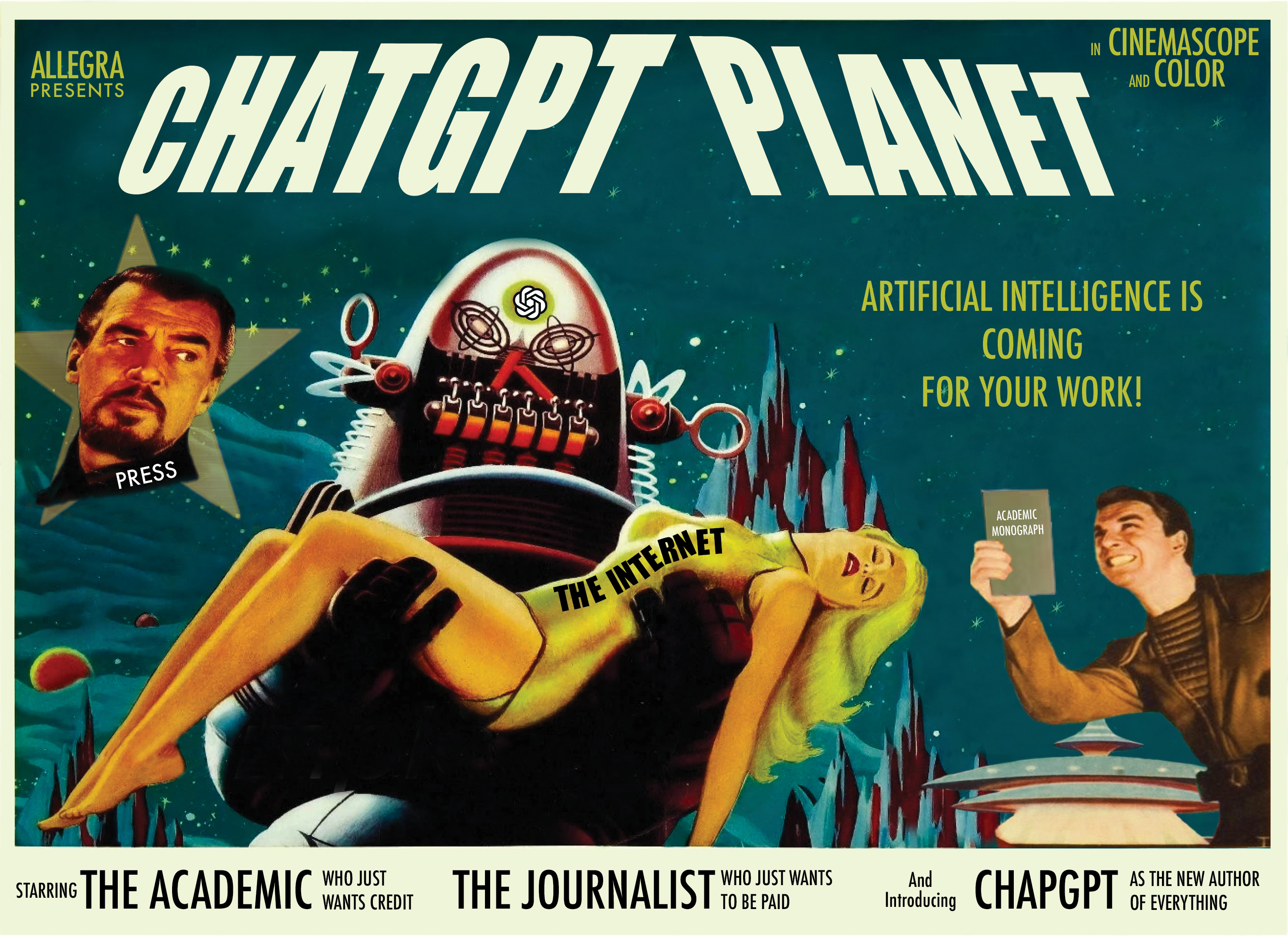Some of our devoted readers may have wondered why we chose to call Allegra a virtual LABORATORY. That (one of) our primary aim(s) is to experiment with scholarly content and form should be evident enough by now. Yet, what exactly transform such a spirit into a ‘lab’? In many ways this obscurity reflects ‘the Allegra spirit’ more generally: we believe that open-endedness is experiment’s best friend. Thus we strive to create discussions devoid of clear-cut answers which instead unfold, ‘evolve’ and become re-incarnated until all foreseen – and unforeseen – avenues have been exhausted.
The metaphor of the laboratory is, of course, not our own invention, but rather a conceptual formulation ‘in vogue’ for experiments of varying kinds at present – for example the EASA called for ‘laboratories’ for its 2014 meeting. For us, we borrow this notion from anthropological initiatives responding to the ‘critical turn’ in anthropology (still remember this – it was ‘pre-ontological turn’) initiated by Marcus, Fischer and Clifford in the wake of ‘Writing culture’. The critical turn echoed a sense of crisis of representation in anthropology, simultaneously calling for a radical questioning of the status of ethnography as a source of knowledge, its methodology and configuration of knowledge as power.
This crisis of representation are intensified by anthropologists’ involvement in increasingly complex field sites located within and amid defined assemblages of world and global systems, forcing us to rethink collectively our methods for researching the contemporary. How do we trace ‘the social’ amid the networks, assemblages, knowledge economies, and complex institutional arrangements of global orders?
Marcus and Fischer offer the concept of ‘para-site’ or ‘third space’ as a technique of knowledge production better apt at capturing the new relationships built in ethnographic encounters in situations where the ‘other’ (the subject of study) no longer exists and is better understood as a collaborative partner. Annelise Riles goes in the same direction and suggests the concept of ‘collateral knowledge’ to envision how anthropology can ‘fill in the gaps’ of other disciplines.
With the idea of the ‘laboratory’, Paul Rabinow tries to answer similar concerns. In his concept note “Steps toward an anthropological laboratory”, he writes:
The challenge is to invent new forms of inquiry, writing, and ethics for an anthropology of the contemporary. The problem is: how to rethink and remake the conditions of contemporary knowledge production, dissemination, and critique, in the interpretive sciences? The direction forward does not include yet another attempt to have anthropology imitate a natural science model anymore than it implies a foreclosure of anthropology finding a form as a distinctive knowledge practice [1]
But Rabinow does not envision the lab as a mere platform for trying out different configurations of inquiry and critique. In his view, the lab is also a concrete alternative to the institutional space of the university that has become structurally inapt for promoting the kinds of collaborations necessary to the study of increasingly complex social phenomena.
It is fertile to inquire (using both genealogical and archaeological methods) into spaces (including the arts) of collaborative and critical practice. A necessary, if not sufficient, step in that direction is to invent practices of knowledge production, dissemination, and critique, that resolutely refuse the symbolic capital driven individualism so prevalent in an academic world permeated with its own form of consumer capitalism. Further, if such work is to remain distinct from the therapeutic, it must be rigorous, engaged, depersonalized, and integrate innovative forms of co-labor.
In a previous post, we have discussed how the recent transformations of the academia have deeply transformed our work environment, encouraging competition instead of collaboration. We have highlighted how audits are gradually standardizing academic genre. We, at Allegra, feel that if anthropologists need, as the new management culture suggests, to take the issue of societal relevance seriously, the ways to achieve relevance should not be dictated by more or less well-intentioned political agendas.
The virtual lab that we want to create has no other objective than to open a forum for intellectual freedom, where we collectively discuss the future of our discipline and the terms of anthropologists’ societal engagement. Hence, we agree with Rabinow’s call to “imagine new hybrid organizations, adjacent to and in many parasitic on, the university.”
A number of such spaces of collaboration and experimentations have taken shape over the years. The Sensory Ethnography Lab at Harvard encourages creative work at the crossroads of visual and acoustic research and ethnography. The Laboratory for the Ethnography of the UK at UCL promotes empirically driven thinking, comparison, ethnographic reflexivity, and readiness to experiment with unconventional themes and creative interdisciplinary methodologies. The multiplication of such initiatives is a good indicator of the productive need for our discipline to constantly rethink its working methods. Our aim is to continue developing Allegra into a significant contributor to such endeavours, both those in existence and those still in the process of being established!
[1] Rabinow, Paul. “Steps toward an anthropological laboratory,” ARC Concept Note, No. 1, February 2, 2006. anthropos-lab.net/wp/publications/2007/08/conceptnoteno1.pdf
Also see: Rabinow, Marcus, Faubion, Rees. 2008. Designs for an Anthropology of the Contemporary. Duke University Press.





